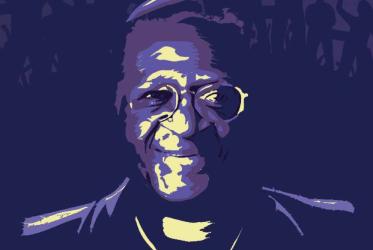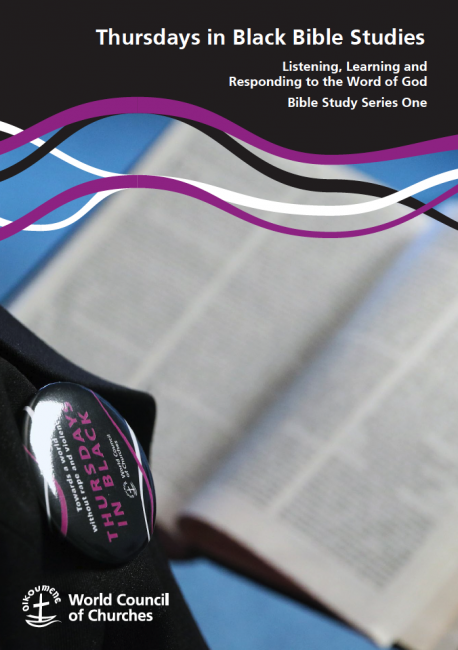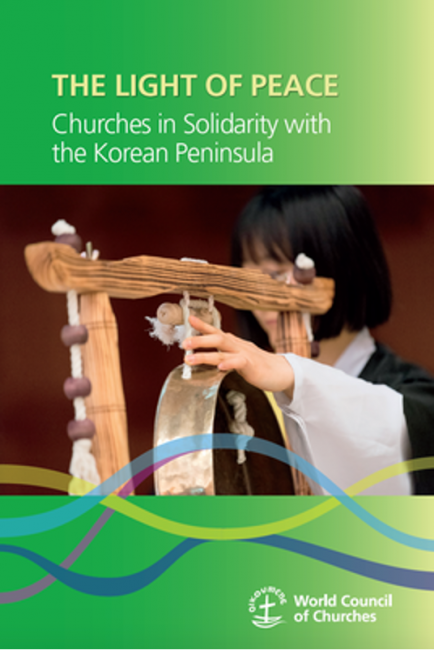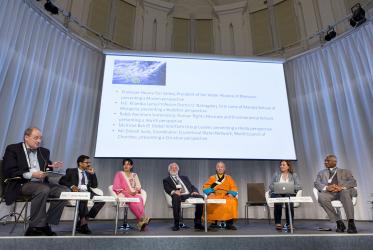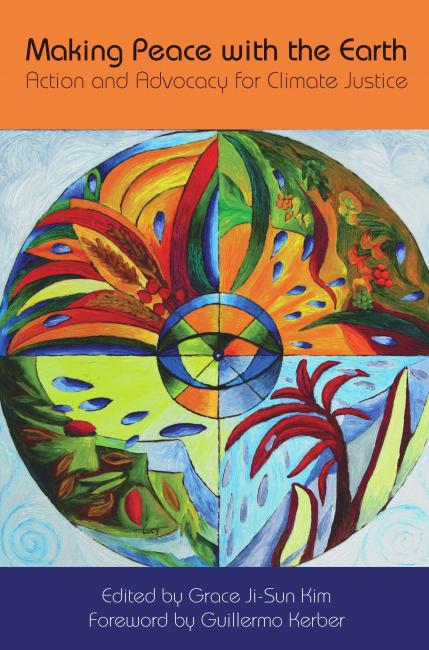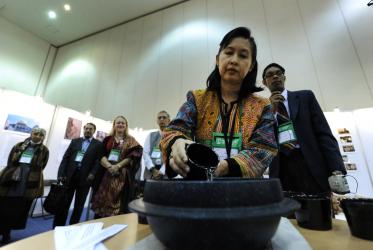Displaying 1 - 18 of 18
Pan-African Women of Faith and the Vision of Christian Unity, Mission, and Justice
01 November 2023
Tutu’s legacy: A Zoom panel celebrating “the Arch”
03 February 2022
Thursdays in Black Bible Studies Series 1
Listening, Learning and Responding to the Word of God
21 October 2021
Rethinking Ecological Relationships in the Anthropocene era
11 - 13 February 2021
Healing Together
A Facilitator’s Resource for Ecumenical Faith and Community-Based Counselling
15 October 2020
WCC represented at G20 Interfaith forum in Tokyo
13 June 2019
WCC leader offers Steve de Gruchy Memorial Lecture
24 April 2018
Religious leaders highlight significance of water at WCC assembly
04 November 2013



